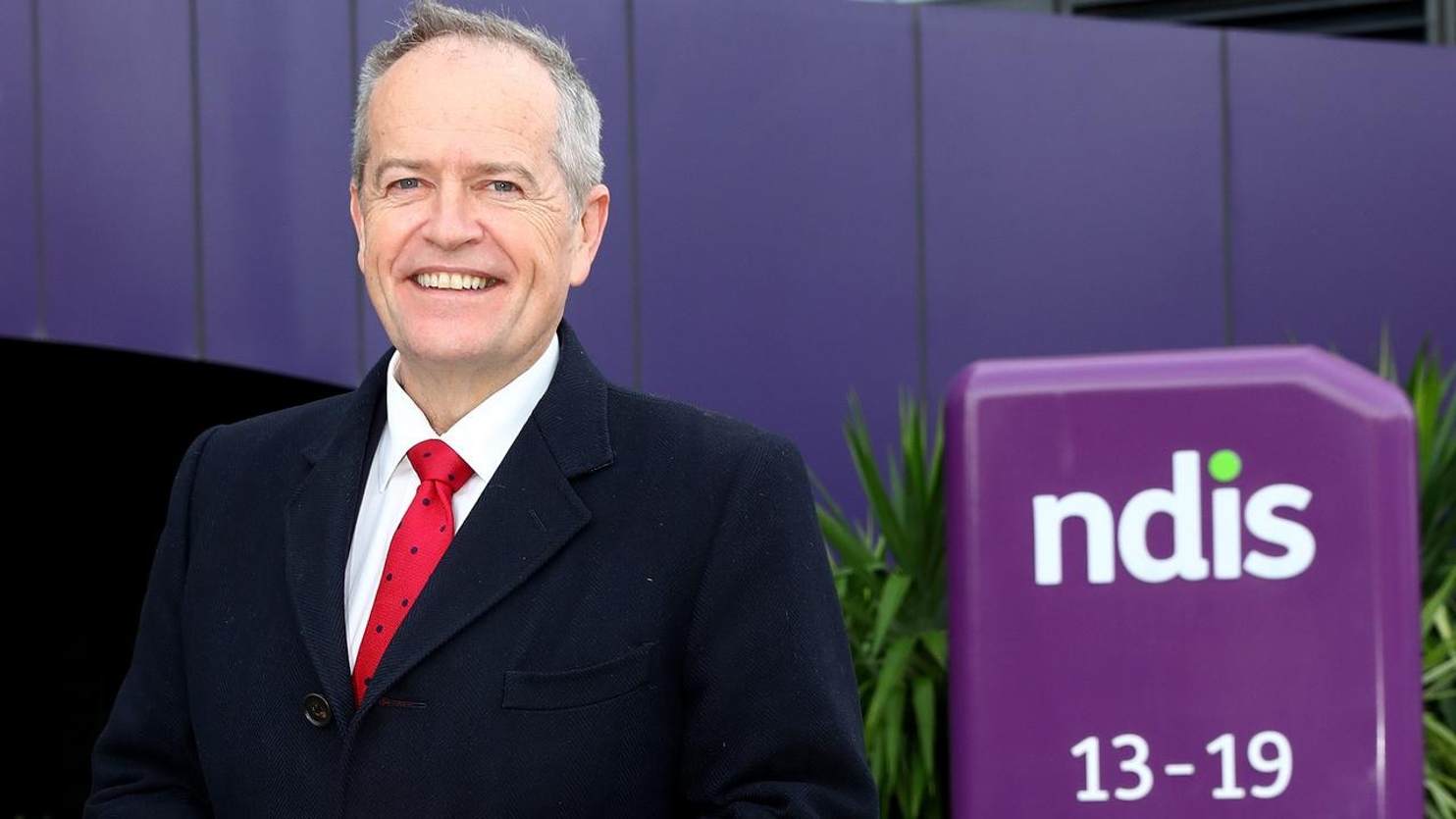The Albanese Labor Government is set to allocate $48.3 million in next month’s federal budget for anti-fraud measures around the National Disability Insurance Scheme (NDIS), including new IT systems.
Next month’s federal budget will include a $48.3 million allocation from the government towards anti-fraud measures for the National Disability Insurance Scheme (NDIS), which will involve the implementation of new IT systems.
The NDIS is a government-funded program that provides support to Australians with disabilities, and has been the subject of several recent cases of fraud. The scheme is intended to provide funding for essential services, such as healthcare and housing, to those who are in need.
Bill Shorten, the Minister for NDIS and Government Services, released a statement indicating the funds will be used hire 200 additional employees, along with the development of a business proposal for information and communication technology (ICT) systems designed to identify, prevent, and decrease non-compliant payments.
“The funding was critical to ensure every dollar of the scheme was going to support people with a disability,” Minister Shorten said.
“We have found evidence of egregious fraud that involves complex criminal networks ripping off NDIS participants and Australian taxpayers,”
“For almost 10 years we watched on as successive Liberal governments left the NDIS back door open to criminals. Labor established the Fraud Fusion Taskforce in October 2022 to stop the rorts,”
“The Taskforce is already investigating multiple criminal syndicates, some handling tens of millions in NDIS funds”
“People ripping off the NDIS are going to prison. In the past 12 months, fraudsters have been sentenced to a combined 12.5 years in prison time for ripping off the scheme,” he said
Syndicates being investigated have been caught:
- Targeting vulnerable people with false information about how the Scheme works and how they can spend their funds.
- Recruiting vulnerable people to gain access to the Scheme with the promise of cash or vouchers or gifts.
- Encouraging people to access the Scheme by faking medical evidence and diagnosis, with real medical evidence being changed or tampered with to falsely increase a person’s NDIS budget.
- Claiming for services that they never delivered.
- Hiding behind multiple (sometimes dozens) of ABNs or false ABNs or fake identities, or fake contact details or fake addresses
The announcement of the new funding has been welcomed by disability advocates, who have long called for action to be taken to combat fraud within the scheme.
According to an independent review of the scheme by data analytics and actuary firm Taylor Fry there has also been growing concern within the Albanese government about the spiralling costs of the scheme with spending on the NDIS expected to blow out to $64 billion a year by 2030 which will exceed the annual expenses of Medicare.
Aside from the issue of fraud, the NDIS has also experienced a significant increase in participation rates. Children and elderly Australians are remaining on the scheme for longer periods than initially anticipated, and there has also been a surge in the number of children with autism accessing it.
The National Disability Insurance Scheme (NDIS) was established close to a decade ago and is expected to become the largest expenditure in the federal budget.







